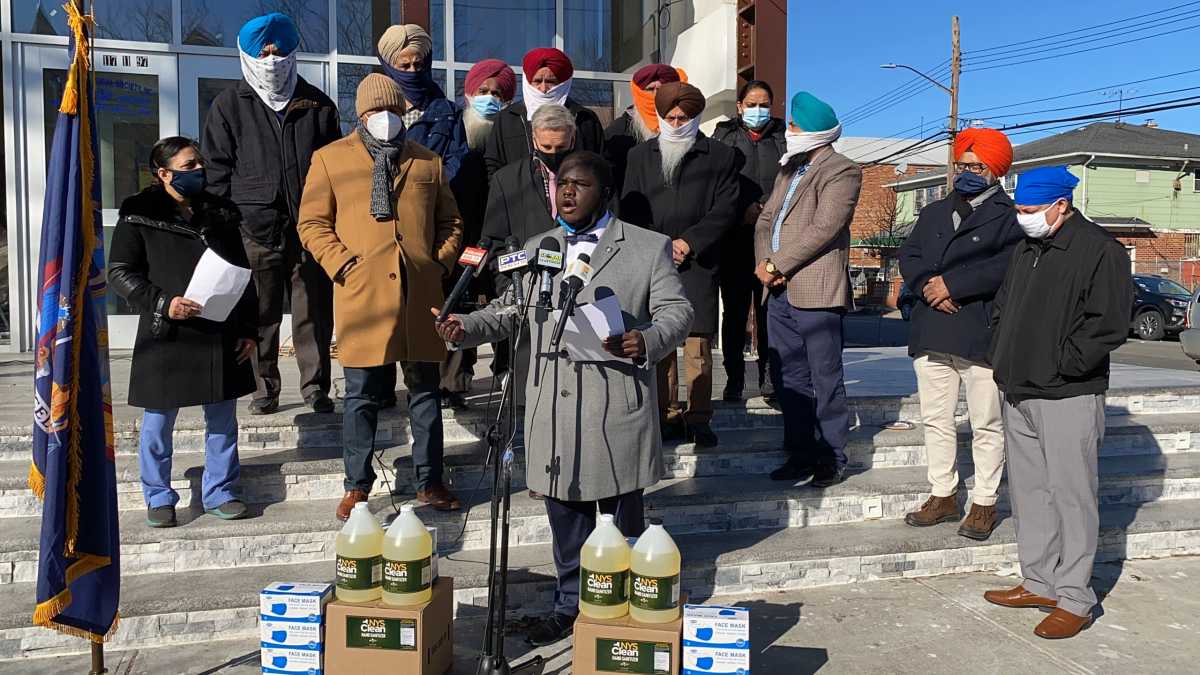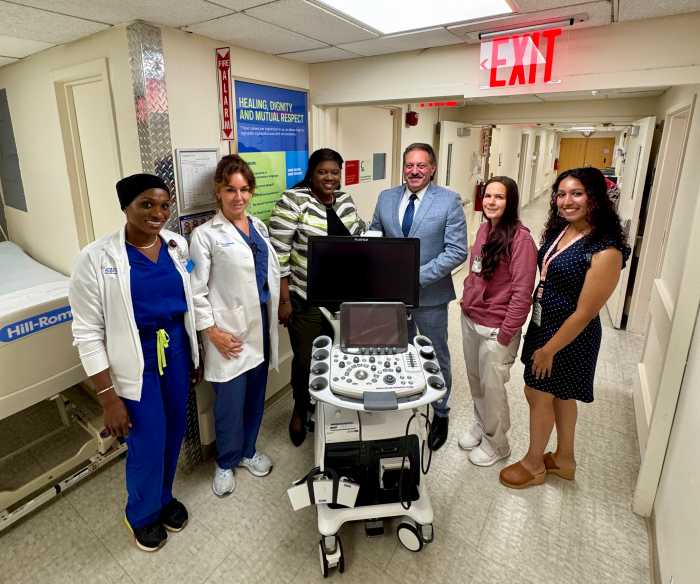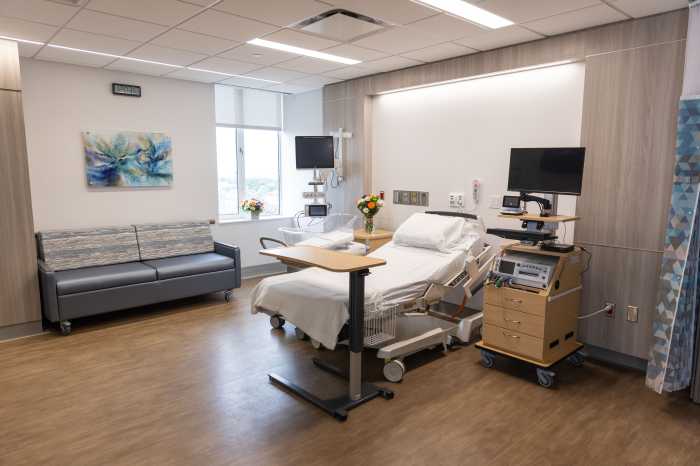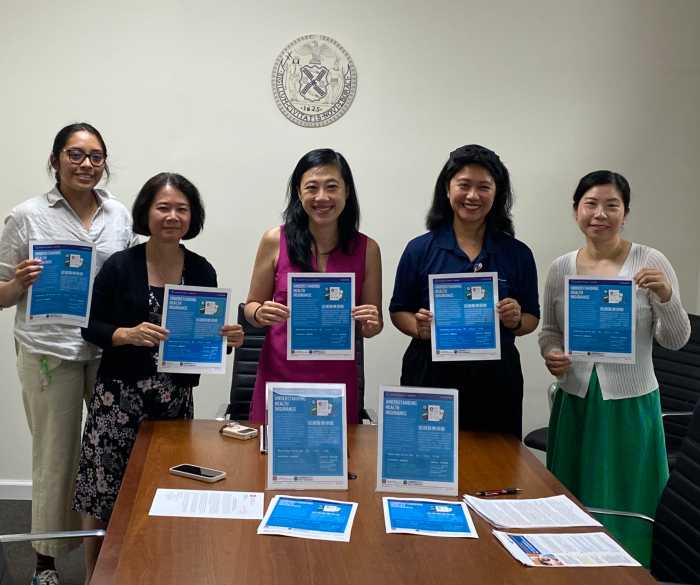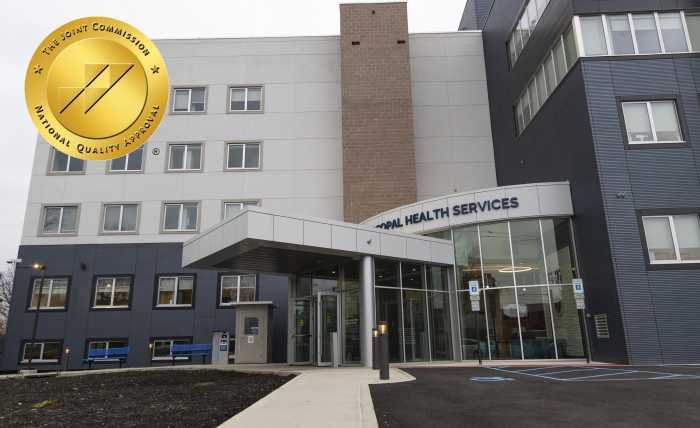As the neighborhoods of Richmond Hill and South Ozone Park continue to have among the highest COVID-19 positivity rates in the city, Assemblyman Khaleel Anderson shared his plans to increase personal protection equipment and coronavirus testing availability to community members.
During a recent press event held at the Gurdwara Sikh Cultural Society in South Richmond Hill, Anderson called for citywide and statewide transparency throughout the entirety of the COVID-19 vaccination process and for the passage of COVID-19 economic relief legislation in Albany.
“South Richmond Hill’s COVID-19 positivity numbers are among the highest reported in all of New York City. I am dedicated to taking action that will support the safety of all of South Richmond Hill’s diverse residents, including the Sikh community, predominantly living in Assembly District 31’s South Richmond Hill, in collaboration with elected officials, community leaders and medical professionals,” Anderson said. “Our district saw some of the first cases of COVID-19 in New York City this past spring; as this crisis continues, we demand transparency and equitable access to resources amid each step of the battle against the pandemic.”
Days later, the city released data that showed racial disparities on who has received COVID-19 vaccinations to date. Out of more than 800,000 total doses administered, approximately 48 percent have been administered to white residents, while white people only make up about a third of city residents. Meanwhile, just 15 percent of vaccine recipients have been Latino and 11 percent have been Black, despite Latino and Black residents accounting for 29 percent and 25 percent of the city’s population, respectively.
To help remedy the disparity, Mayor Bill de Blasio indicated that Richmond Hill and South Ozone Park will receive resources “to ensure the vaccine reaches everyone, equally, with a focus on the neighborhoods we know have borne the brunt of COVID-19.”
After nearly a year, relief will be sent to the hard-pressed neighborhoods.
“We are in a dire situation as Richmond Hill cases continue to rise,” Assemblywoman Jenifer Rajkumar said. “While south Queens has been overlooked in the past, I attest that those days are behind us. We can do better and we will do better and we must do better. This community will receive the results it deserves, the legislation it needs and the vital vaccines it requires to defeat COVID-19. We are fighting to make this happen every day.”
District 31 has a high concentration of frontline workers who subjected their health, and that of their families, during the pandemic.
“South Richmond Hill and South Ozone Park are home to countless Indo-Caribbeans and Punjabs who make up the fabric of our city. We are a hard-working people, many who had no choice but to work through this pandemic,” South Queens Women’s March Founder and Director Aminta Kilawan-Narine said. “We are the transit workers, grocery workers, healthcare workers, food service workers, domestic workers, airport workers and beyond. We call for increased resources including vaccination centers and culturally responsive outreach that bridges the digital divide in our beloved community.”
The city’s Taskforce on Racial Inclusion and Equity announced it would broaden its outreach and education to address vaccine hesitancy, prioritize appointments, add new vaccine sites, and improve the scheduling website to ensure the pace of vaccination is consistent throughout the city. To improve accessibility, the city’s appointment scheduling site will now be available in a total of 11 languages, including English, Arabic, Urdu, Bengali, French, Haitian-Creole, Korean, Polish, Russian, Spanish and Simplified Chinese.
“Women in our community have been hit especially hard by the pandemic,” said Shivana Jorawar and Simone Jhingor, co-directors of Jahajee Sisters. “Essential workers are disproportionately women, and the health and financial impacts have been devastating, in addition to the immense emotional toll. We can’t afford for our neighborhoods to be left behind again, as they were with testing. Our community deserves more. We deserve dignity.”

